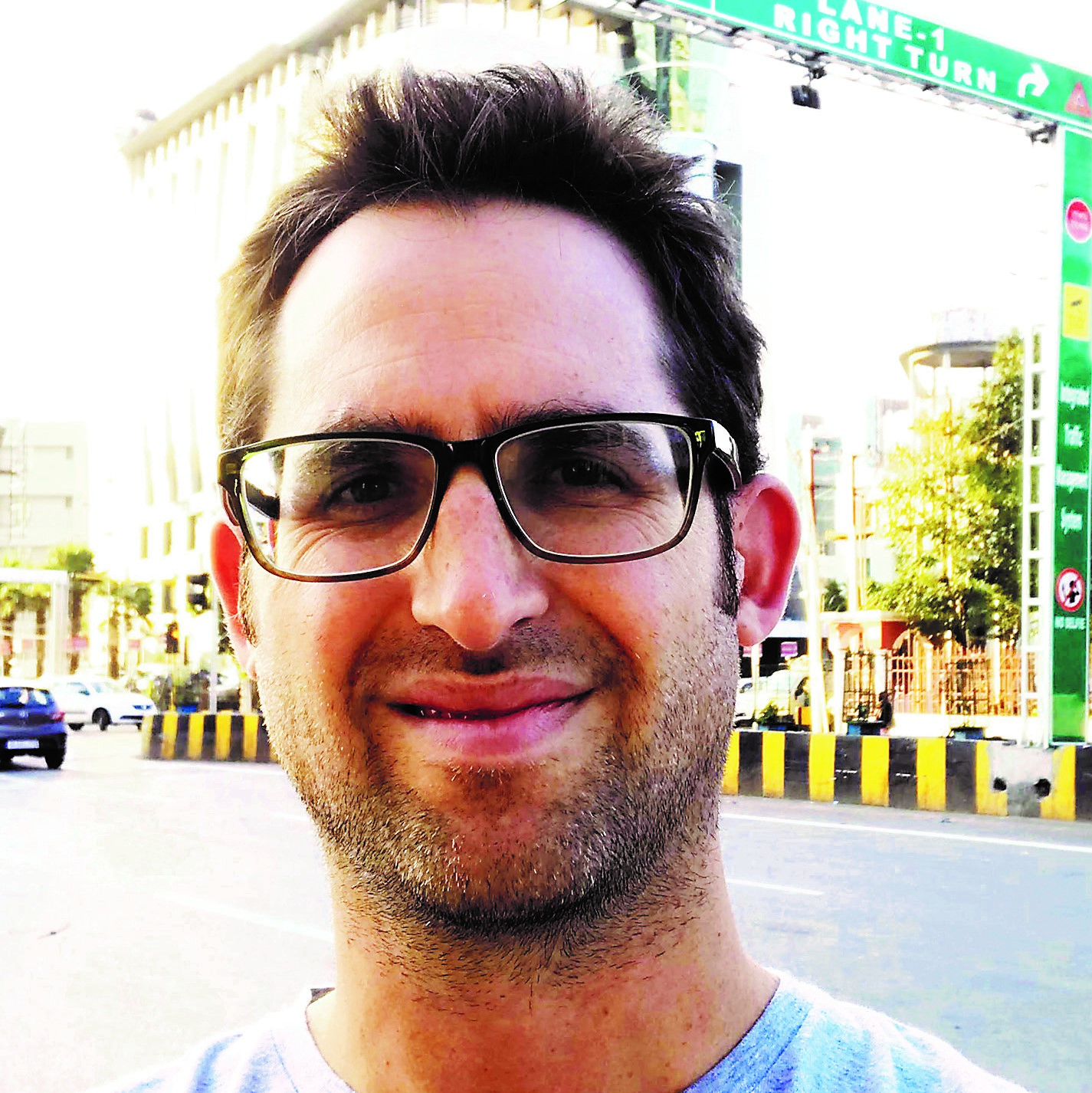
SA

Compassion above all, say doctors on the frontline
MIRAH LANGER
This is the stark message offered by Cape Town-based doctor Leon Geffen, who sits on a World Health Organization panel dealing with the COVID-19 virus and care for the elderly.
“We have to think about the people who work for us and who care for us; to think about the people who are more vulnerable than us,” he says, pointing out that the virus will hit hardest those in poverty, those who are compromised by underlying illnesses, or older people.
“We need to be reminded during this difficult time that they are much more vulnerable. We need to provide care for them and be sensitive to them.”
His sentiments are strongly shared by Dr Sean Wasserman, an infectious diseases physician at the forefront of fighting COVID-19 in the Western Cape.
People must offer compassion and care to all and adhere to the restrictions of the national lockdown, says Wasserman.
“This is all of our collective responsibility – to protect these people, and to protect each other.”
Wasserman, an associate professor at the University of Cape Town who was recently profiled by international medical journal Lancet, is part of the team working at Groote Schuur Hospital in Cape Town in both testing and treatment of COVID-19 cases.
He described the situation as “unprecedented”.
“We’re getting all systems ready to absorb the coming tide and explosion of cases that we’re expecting.”
The hospital’s team is expanding at a swift rate. While its Infectious Diseases Centre usually has three permanent consultants and three additional doctors, this week, four additional people joined to work on coronavirus cases, while another two came on board to help with other infectious diseases.
Wasserman says a further 25 other medical professionals are being trained this week to join the battle against the virus.
He says that from the first reports late last year of a cluster of unexplained pneumonia cases in Wuhan, China, the speed of the virus’s spread across the globe has been alarming.
“I think it’s taken everyone by surprise how rapidly it left China and then Europe become the epicentre … after that, I think the epidemic’s potential became clear.”
Yet the full extent of it wasn’t entirely clear until very recently.
“Even ten days ago we had a different perspective,” says Wasserman, citing as an example that until last month, the infectious diseases medical community was still expecting to hold its biannual conference in Malaysia.
Geffen is a family physician as well as an honorary senior lecturer at the University of Cape Town in the department of geriatrics, and a researcher at a number of international organisations. Having served for many years as the honorary medical superintendent at Highlands House, as well as its president for two years, he says he has always had a particular interest in the healthcare of the elderly.
“Their lives are a complete tapestry and multifaceted, and just to be able to hear older people tell you their story, is very affirming as a doctor. I think they’re a neglected group, yet small changes make enormous differences to the health and well-being of older people. It’s wonderful to be able to do that.”
Geffen who is part of the World Health Organization’s Clinical Consortium for Healthy Ageing, is now advising on the management of COVID-19 in long-term care facilities such as old-age homes in low and middle-income countries.
He is adamant that attention must be given to the elderly.
“It’s at such a critical stage at the moment. If we look at what’s happened in Italy and Spain, it’s the elderly and frail who die from this disease. While young robust people do die, it’s in much, much smaller numbers and in most younger people it could be a bad flu-like illness.”
Geffen is optimistic about the scientific skill being applied to fighting the virus.
“Within a few weeks after the emergence of the virus, doctors already had the full genome. We were able to translate what we know about it to start looking at the epidemiology of how the disease spreads, to see how the cluster is evolving, and then to try and understand how this virus got into humans from animals.”
The speed with which all of this was carried out was unprecedented, says Geffen.
“It’s an astounding affirmation of what we are able to achieve with science, and what we know of who we are today.”
Geffen said it was a “humbling” time to be a doctor, to “know that there is so much need, and so much that needs to be done. It’s challenging and affirming, and it’s what I love doing.”
Wasserman urged the public not to hoard protective equipment such as masks and gloves. These are essential for healthcare environments, and they are in danger of being in short supply.
“If healthcare workers get sick, there is going to be nobody to look after our family if or when they get sick.”
The public should also avoid stigmatising those who have contracted the virus, and keep the channels of communication open.




